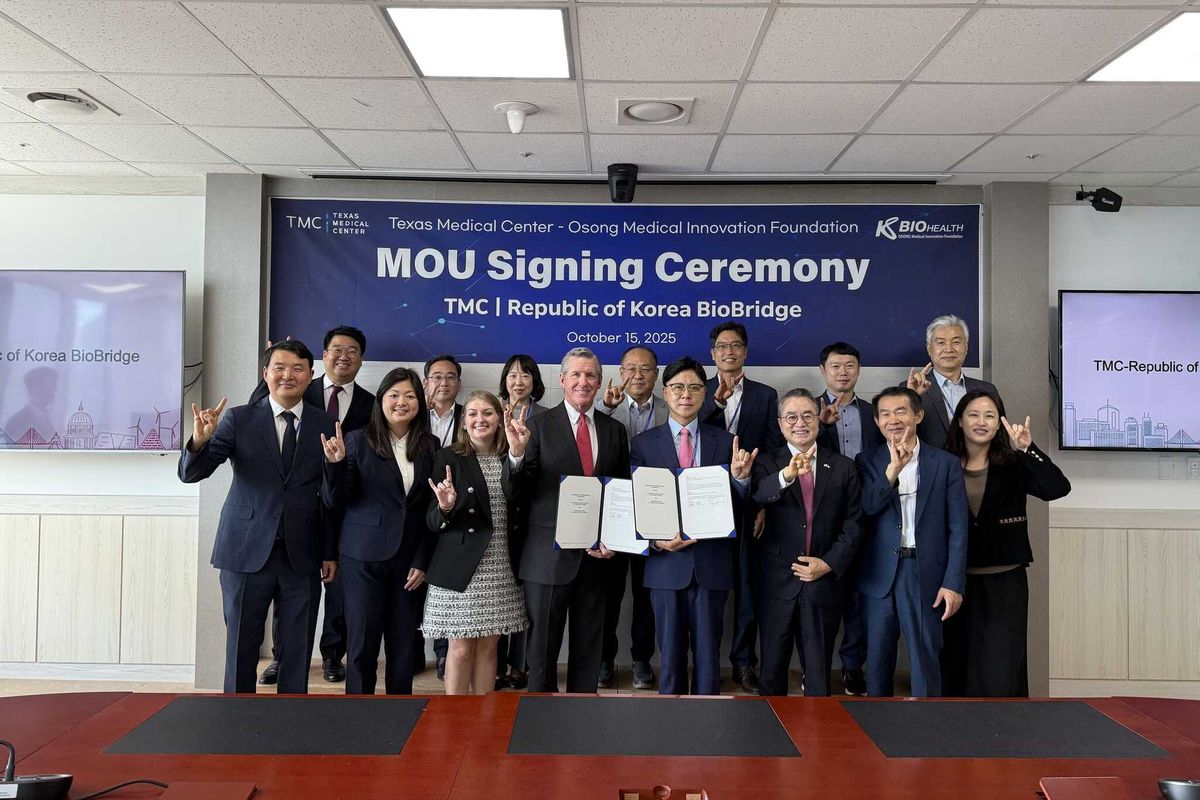New ranking of America's smartest cities puts Houston near back of the class
by the books
Houston sits toward the back of the class when it comes to the smartest metro areas in the U.S., according to a new study.
In the study, published by personal finance website WalletHub, the Houston-The Woodlands-Sugar Land area ranks 90th among the most-educated metros. Houston trails Austin-Round Rock (No. 9) and Dallas-Fort Worth (No. 71) but outperforms San Antonio-New Braunfels (No. 106) on the 150-metro list. At the very bottom of the list are McAllen (No. 148) and Brownsville (No. 149).
Houston's ranking remains unchanged from WalletHub's 2018 study.
To determine where the most-educated Americans live, WalletHub compared the 150 largest metros across 11 metrics. That data includes the share of adults 25 and older with at least a bachelor's degree, the quality of public schools, and the gender gap in education.
Here's how Houston fared across some of the data categories (lower ranking is better):
- No. 30 — Black-versus-white education gap
- No. 36 — Quality of public schools
- No. 59 — Share of adults with at least a bachelor's degree
- No. 65 — Women-versus-men education gap
- No. 72 — Share of adults with a graduate or professional degree
- No. 74 — Average quality of universities
- No. 90 — Share of adults with an associate's degree or college experience
- No. 112 — Students enrolled in top 951 universities per capita
- No. 135 — Share of residents with a high school diploma
The most educated metro in this year's ranking is Ann Arbor, Michigan. Visalia-Porterville, California, though, sits at the bottom of the list as the nation's least educated metro.
------
This story originally appeared on CultureMap.





